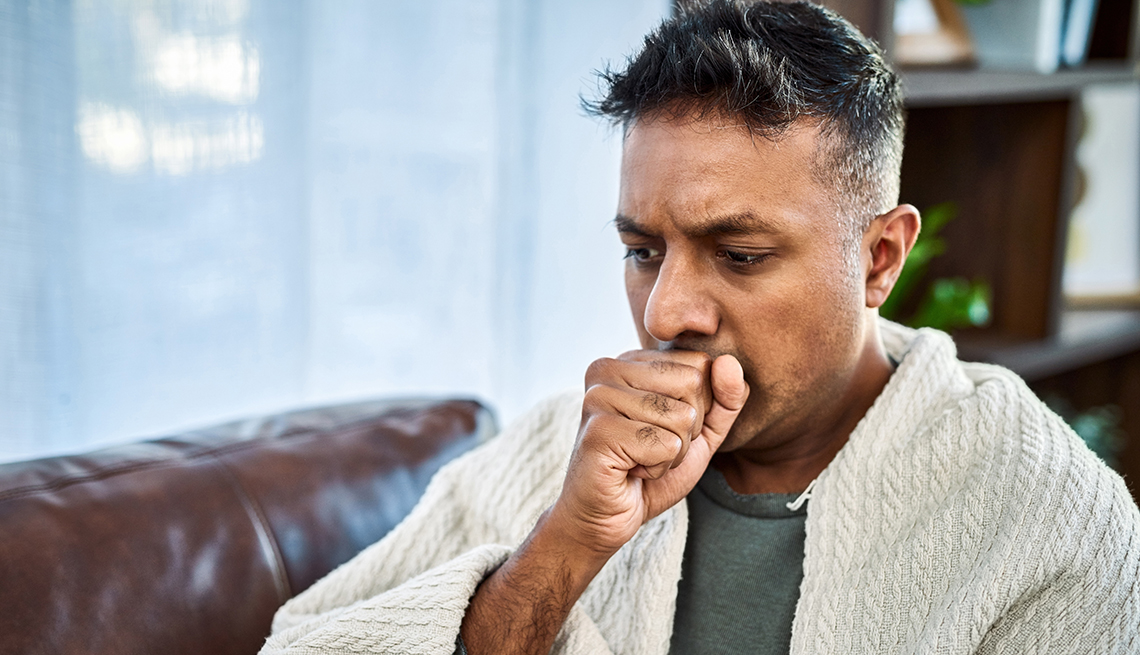
- Select a language for the TTS:
- UK English Female
- UK English Male
- US English Female
- US English Male
- Australian Female
- Australian Male
- Language selected: (auto detect) - EN
Play all audios:
There also isn’t an easy at-home test that can tell you if your illness is due to RSV. If you go to your doctor’s office with symptoms, they’ll probably test you for multiple viruses to rule
out different treatment options. If you’re positive for RSV, over-the-counter pain relievers can help to manage fevers and general discomfort. Fluids can help keep you hydrated and your
immune system functioning at its best, Stinchfield says. If you need to be hospitalized, you may receive oxygen support and fluids through an IV. 4. RSV IS VERY CONTAGIOUS You can catch RSV
just like you might catch the flu and other respiratory bugs. Virus droplets can fly through the air when an infected person coughs or sneezes and land in your eyes, nose or mouth. RSV can
survive for several hours on hard surfaces, the CDC says, so be sure to wipe down high-touch areas (think doorknobs, light switches and TV remotes) if you or someone you live with is sick.
You can also get RSV from direct contact with the virus, say by kissing an infected grandchild on the face. Once you have it, you’re usually contagious “for quite a while,” Stinchfield says
— up to eight days. Some infants and people with weakened immune systems can spread the virus for as long as four weeks, according to the CDC. To that point, if you have a grandchild or
another little one you plan to be around who is battling a runny nose and cough, it’s best to wait until symptoms subside before visiting, Stinchfield says. As RSV rages, it’s important to
wash your hands often (and correctly, which means with soap and water for 20 seconds), wipe down frequently touched surfaces and avoid touching your eyes, nose and mouth — all familiar
precautions from the coronavirus pandemic, Glesby says. Finally, if you can, stay home when you are sick. _Editor's note: This article, originally published Oct. 26, 2022, has been
updated to include new information. _






